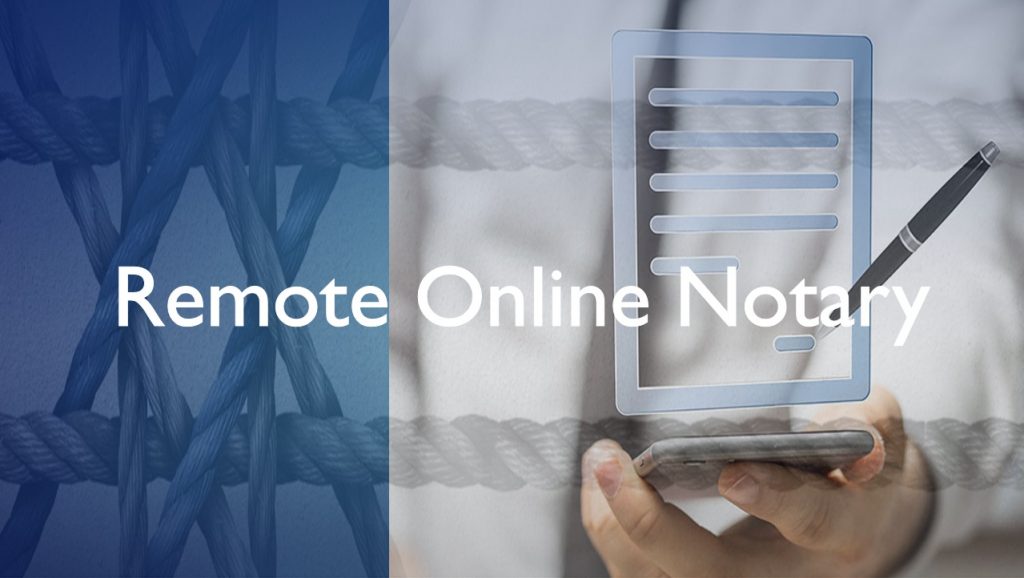You’ll want to make sure that you know how to find a remote online notary service. This is a service that will allow you to notarize your documents from the comfort of your own home. It can also save you a lot of time and money.
Paperless notarization saves space and costs
A paperless notarization saves time, space, and money. Not to mention, it can also reduce the chance of fraud. In fact, an estimated $1,500,000 was saved by using a paperless process. To get the most out of your paperless notarization, you’ll need to make sure that the process you select has all the features and functions you need.
You’ll need to keep your documents safe and secure. One way to do this is by employing a remote notarization service. Many of these services offer mobile apps in Google Play or the Apple App Store. They also offer free demos. This will give you an idea of how convenient they can be.
You’ll need to find a reputable service with a decent price tag. Some of these services also provide you with an official notary seal of approval. These are a great way to guarantee that the notary you hire is legit. Plus, if you have a home loan business, you’ll probably need to do notarizations a number of times a year.
RONs produce greater confidence of a person’s identity than the means of identifying signers for a paper notarization
Remote Online Notarization (RON) is a safe and secure method of notarizing a document electronically. It’s a relatively new and innovative business model that offers a more convenient way for people to notarize a document without having to travel to the notary’s office.
While the use of RON has increased in popularity, there are still several issues that must be addressed. These include record keeping requirements, the role of the notary, and the security of the notary’s online service. Ultimately, a signer needs to find a credible eSignature provider and make sure that they are following state-specific guidelines.
In general, a RON service provider must be accredited by a trusted Certificate Authority and meet the X.509 standard for digital certificates. The provider must also offer adequate video resolution and audio clarity. This ensures the integrity of the digital signature, and is a key factor in making the notarization process as secure as possible.
In order to verify the signer’s identity, RON uses knowledge-based authentication (KBA). Typically, KBA is integrated into the Notary’s technology. If a signer answers correctly to certain questions, they are prompted to upload a photo of their ID card.
RONs are needed in response to the COVID-19 pandemic
Remote online notarization (RON) is a method of notarizing a document from a remote location, using an audio-visual recording as evidence of the notarial act. The process is not new, but it is becoming more popular in the United States.
RONs can be used in many different ways, but the most popular applications are in law, financial services, health care, and insurance. This form of notarization allows signing parties to sign documents from their homes, avoiding the need to travel to the notary. It also saves time, making notarization more efficient.
There are now 23 states in the United States that have approved legislation for RON, and another eight are temporarily authorizing RON by emergency order. Some of these states, including Idaho, Kentucky, and North Dakota, have fully implemented the procedures.
RONs are still new, but they are likely to gain ground in the wake of the COVID-19 pandemic. If you are a title agent, you should take a close look at your state’s progress on RON.
Work for a provider of remote online notary services
remote online notary services provide notarizations for documents signed by individuals located in different states. This service is faster and more secure than a conventional in-person notarization.
It is legal, but not available in all states. There are currently 23 states that authorize remote notarizations. The laws and regulations are varied in each state. Some have permanent rules, while others have temporary laws. In addition, some states require an exam or a specific certification.
If you want to become a notary, you must first get a Notary commission and pass an exam. Afterward, you can register with an approved solution provider. These providers use secure audio/video technology, identity proofing and credential analysis to verify that the signor is who they claim to be. They also meet anti-fraud and security and confidentiality requirements.
RON solutions include electronic notary software and an Internet-based platform that enables the notary to carry out the notarial act from a secure location. For instance, a remote notary can record the notarial act in an electronic journal and affix an electronic seal to the document.

